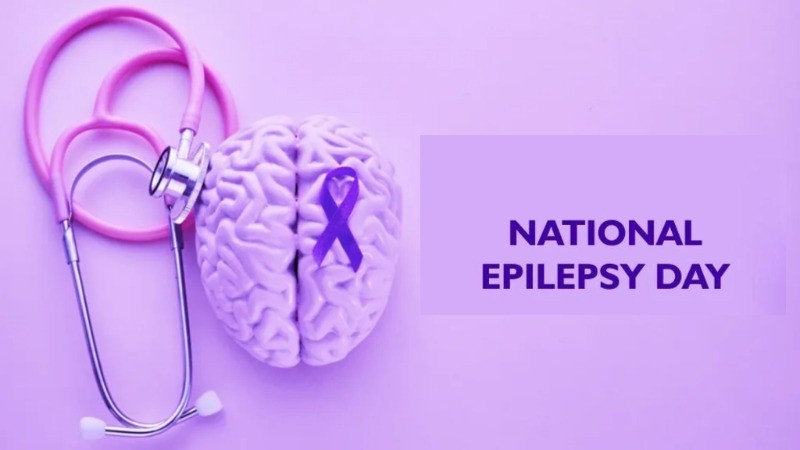
National Epilepsy Day, observed annually on November 17, is an important occasion in India dedicated to raising awareness about epilepsy, a chronic neurological disorder that affects millions globally, including a significant number in India. The day serves to educate the public about epilepsy, its challenges, and the critical need for early diagnosis and effective treatment. By spreading awareness, the aim is to reduce the stigma surrounding epilepsy and support those living with the condition.
What Is Epilepsy?
Epilepsy is a neurological disorder that leads to recurrent seizures due to abnormal brain activity. A seizure is an episode of sudden and uncontrolled electrical activity in the brain, causing a person to experience a range of symptoms. These symptoms can vary from mild twitching to complete loss of consciousness, depending on the type of seizure.
There are several types of seizures, but the most common symptoms of epilepsy include:
Causes of Epilepsy
Epilepsy can be caused by a variety of factors, and sometimes the exact cause remains unknown. Some of the common causes include:
National Epilepsy Day 2024: Purpose and Importance
National Epilepsy Day is observed to highlight the struggles faced by people with epilepsy, their families, and caregivers. The day is a call to action to promote better understanding and early diagnosis. It also emphasizes the importance of comprehensive treatment to manage the disorder and improve the quality of life for those affected.
The day provides an opportunity for healthcare professionals, educators, and organizations to distribute information, conduct awareness campaigns, and engage in public discussions to address the stigma associated with epilepsy. With a commitment to reducing misconceptions and ensuring inclusive healthcare, National Epilepsy Day plays a key role in improving the lives of millions.
Key Government Initiatives
India has taken several steps to address the challenges posed by epilepsy, both in terms of public health programs and the support for research in the field. Some key initiatives include:
The Role of NGOs and Community Support
Apart from government programs, NGOs like the Indian Epilepsy Association (IEA) are also making a difference by offering resources and support to individuals living with epilepsy. The IEA, with 22 chapters across India, works tirelessly to advocate for people with epilepsy, organize awareness campaigns, and provide training for caregivers. These NGOs are essential in ensuring that information and care are available to those in need, particularly in rural and underserved regions.
Future Goals for Epilepsy Awareness
Despite the progress made in treating and understanding epilepsy, much work remains to be done. Some of the key goals for the future include:
On November 17, 2024, National Epilepsy Day will once again highlight the importance of awareness, early diagnosis, and comprehensive treatment for epilepsy. With concerted efforts from both the government and NGOs, we can create a society where people with epilepsy receive the support they deserve, without fear of stigma. As we continue to raise awareness and push for progress, the future looks brighter for those living with epilepsy.